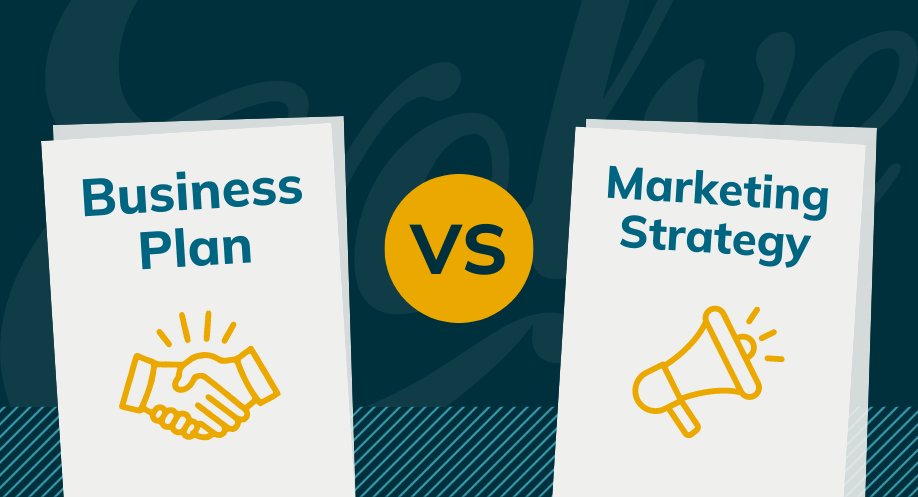Owner’s Value vs Brand Value When Selling Your Business
As a business owner, you’ve spent years building your brand. To you, the business is not just your 9 to 5, five days a week job; your business is your lifeline.
And while you’ve spent countless hours, weekends, and years growing your business, many times, business owners unconsciously intertwine their position as the owner to the value of their business. Understandably so! When you’re the person at every event, on sale calls, managing clients, and taking on any role you need to just keep moving forward, you become the face of the company. As your business grows, so does your recognition as the owner, which is a great thing, but only if product or service sales or leads are not dependent on you.
If customers are only interested in your business because they trust you instead of recognizing and trusting the brand itself, then you’ve run into a crossroad.
When you plan to sell or transition from your business, it’s essential that your business’s profitability can stand on its own. Your brand needs to be independent and separate from your reputation as the owner. The higher your brand value is, the more attractive your business is to buyers because they know profitability will continue long after the business owner exits.
Questions to Ask Yourself if You Plan to Sell Your Business
How do you know if your position as the business owner is influencing your business’ value?
- The majority of sales come through you
- Referrals refer to ‘your’ good work vs the brand’s good work
- You are the face of the business
Exit Planning for Business Owners Starts with Marketing
If you recognize any of the scenarios above, you’re not alone. Many business owners planning to sell their business or retire in the next 5 to 10 years are in the same boat.
But no worries! You’ve got time to grow your business value.
The key is following a marketing strategy specific to your exit plan goals.
In this situation, your marketing strategy needs to focus on emphasizing your brand and deemphasizing your business ownership. Ultimately, placing profitability and recognition on the brand without the influence of your ownership.
The result? You grow your enterprise value! And sell your business for more.
How Brand and Business Owner Differentiation Grows Business Value
1. Promotes Brand Independence
A business faces many challenges throughout its years. There will always be ups and downs when owning a business, but the goal is to be stable enough to overcome the downs. Unfortunately, many businesses are not set up to overcome these obstacles – which we refer to as the 5 D’s of businesses or events that can erode business value and cause unexpected exits.
- Disaster
- Disagreement
- Divorce
- Disability
- Death
Many of these events cause one or more of the business owners to be distracted by other important, time-consuming activities. Such as, if business owners are experiencing significant disagreements, they can’t focus their time and attention on the business.
To keep the business running and growing, it needs to be independent of the owner(s). When the value of your business relies on brand awareness and trust, your enterprise value will keep growing, ensuring you’re still on the path to a successful business exit.
2. Improves Brand Stability
As discussed above, proving business profitability is crucial to selling your business. Even more, showing consistent and predictable profitability attracts higher budget buyers.
The amount of products or services sold does not rely on how many events you attended or calls you made with a solid brand. Using brand-focused marketing, people contact your business or purchase your products because they trust the brand itself.
Business stability shouldn’t rely on a lucky or good day, it needs to be calculable. Because when potential buyers are evaluating your business, they are looking at hard data – and a lucky month isn’t going to cut it.
3. Enhances Employee Investment
How many employees have you had over the years of owning your business? Employees can make and break the success of your business. The key is giving them something to feel passionate about and involved in.
Exit planning as a business owner means relying on your team to hold up the brand and keep growing your business value.
When the focus of your business is around the brand, employees feel a part of something. The work they do each and every day contributes to something (not someone); they feel united and fulfilled. Your employees get to see their business sell more products, onboard higher-level clients, or receive public recognition – they feel proud.
Employees are more bought-in to the business because they are helping grow something versus just helping someone else.
4. Diversifies Selling Opportunities
It’s great to have a business owner have a lot of connections and selling power! But, it shouldn’t be your only selling channel.
Referencing back to the 5 D’s of business, what if you are sick or need to spend extra time with your family?
You should be able to take time off or reallocate your attention without seeing your business suffer.
When the emphasis is on the value of the brand, it opens many opportunities to expand your selling. For example:
- Inbound marketing
- Online selling
- Leads generated by your website
- Opportunities for other sales team members to make sales
- Other sales team members attend networking events, tradeshows, and connect with potential clients
- Organic marketing tactics
- Media buying
If you’re a business owner planning to sell your business, the more channels or ways you can sell, the better. It confirms the enterprise value and growth potential, a welcomed sight to buyers.
Ready to Grow the Value of Your Brand?
Don’t worry we made the first step simple!
We created a marketing guide for business owners selling their business in the next 5 to 10 years. It clearly outlines the 5 marketing tactics you can start using now that will:
- Differentiate you from your brand
- Grow your business
- Improve your selling opportunities
Download the free guide and take the stress out of marketing when selling your business.









